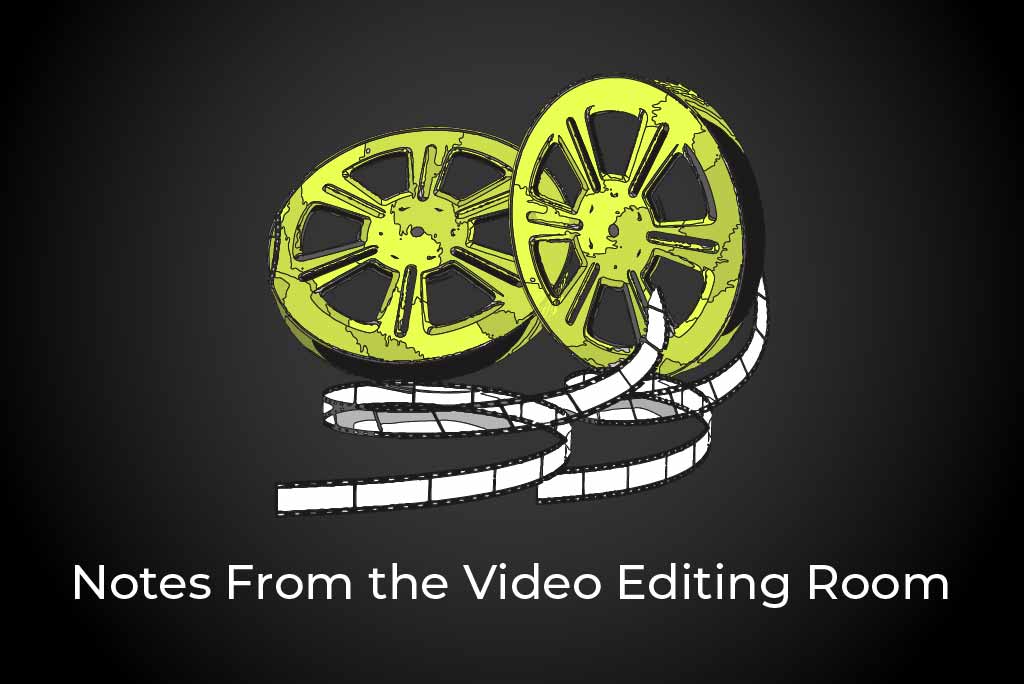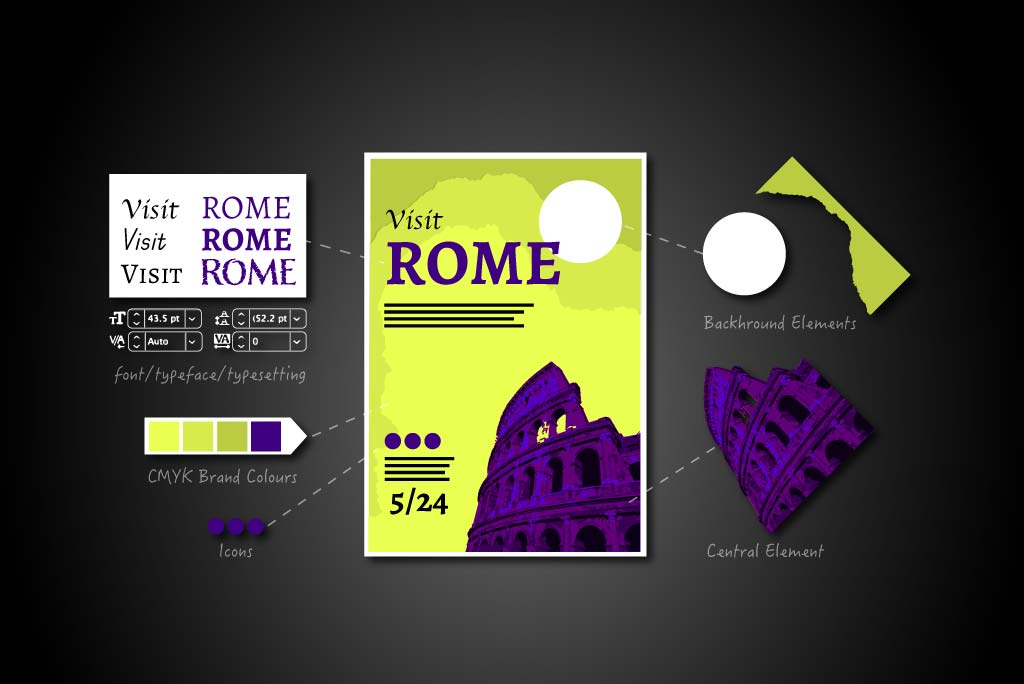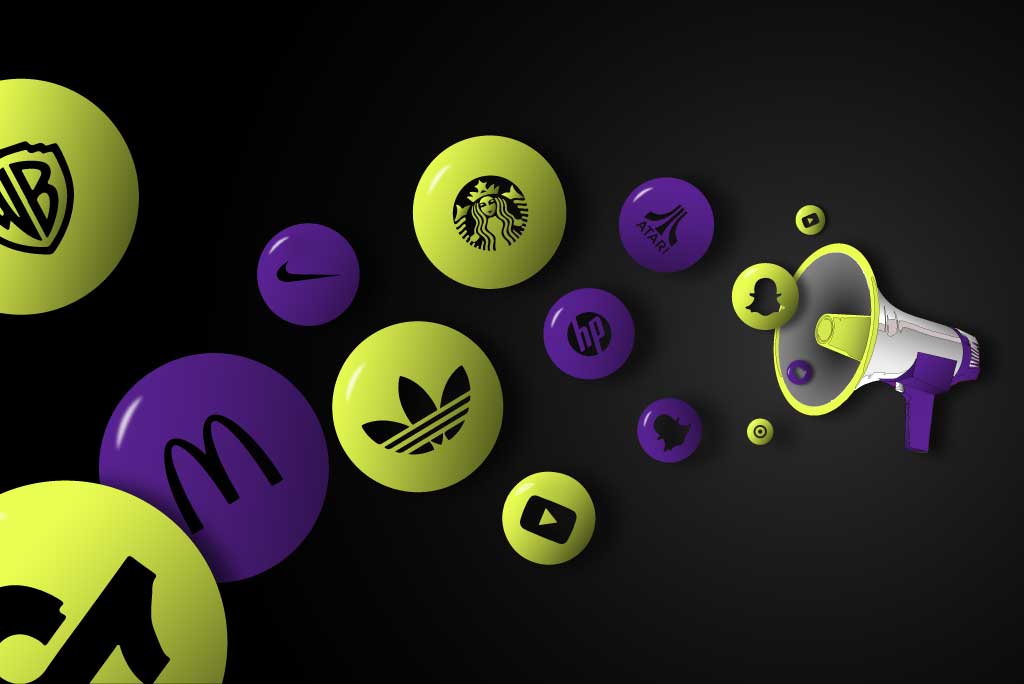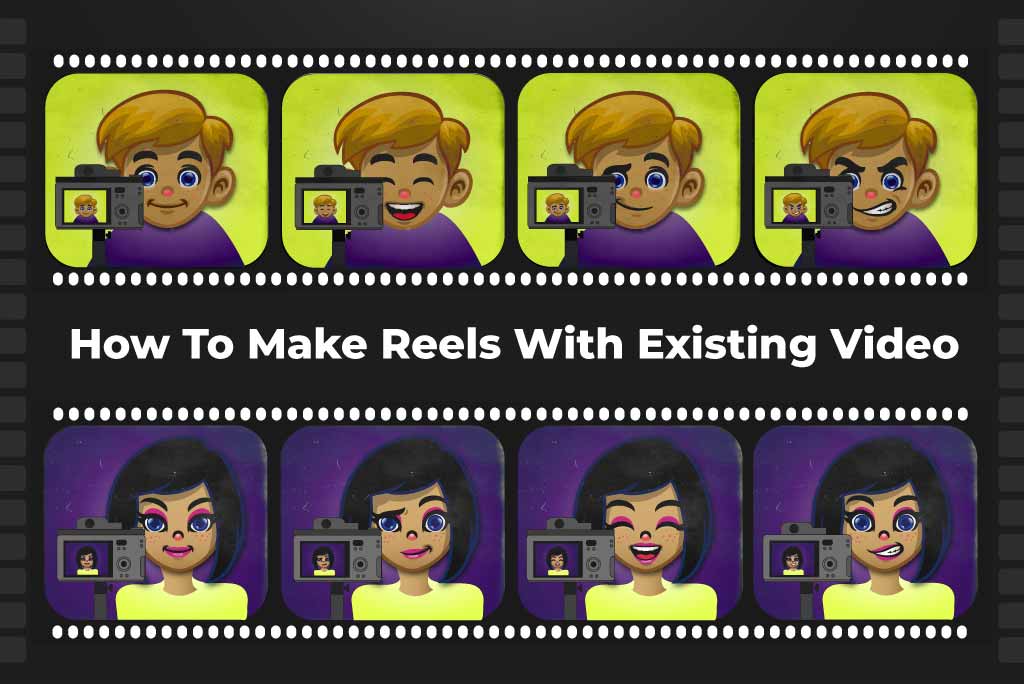When you look back and try to excavate those defining, formative moments that make you who you are, you begin to realise that memory is an astonishingly robust editing system. Most of our experiences are thrown out, and what remains — we assume — is the premium stuff, the stuff a personality is made of. Granted, there are those totemic moments: your first romantic adventure, the afternoon you pass your driving test, or the morning you watch a loved one die. But it’s those other experiences, the B-roll content, if you will, the nuance and minutiae of experience that contain the real meat, the subtle stuff that makes us intrinsically “us”. Yet much of this nutritious material is overlooked and lost in the murky caches of our unconscious.
Memory and video editing are inextricably linked. At their core, both designate meaning to snapshots in time.
However, there’s a crucial difference. We are not in charge of our memories. Funnily enough, memory seems to have a mind of its own. It remembers what it chooses to remember, often quite randomly and disanchored from any situational context. It throws away decades worth of moments without justification. It can also provoke false memories. Did you really go to Woodstock? Or did you just see it on TV?
The video editor, however, is very much in charge of what is remembered and what is not. His taste, discernment and pragmatism guide his path. He decides what others see and hear. False memories are his currency. Essentially, the video editor gets to play God, albeit for a little while.
I have a terrible memory. In fact, I’m not sure I’d have memories at all were they not tied so intimately to cinema and music. There are only two reasons I remember myself ever being a teenager.
The first was concerning the UK release of “The Silence of the Lambs”. I was 16. It was the spring of 1991. The tabloids were full of ominous tales regarding the imminent arrival of an American film featuring cannibalism by way of psychiatry. Apparently, American audiences were passing out in droves. Free counselling was being offered to a traumatised public, and evangelicals were calling for the film to be immediately banned. In stark contrast, there was also talk of Academy Award nominations. It was such an intriguing mix of elements. I’ll always have burned in my mind a picture of Anthony Hopkins licking his lips behind a wall of reinforced glass. The fact that I was too young to see the film did nothing to quell my desire to watch it.
The second was seeing Depeche Mode’s “Personal Jesus” video on Top of the Pops. Sandwiched between two syrupy acts typical of the late 1980s was Anton Corbijn’s wonderfully bleak and lo-fi reimagining of the Spaghetti Western. The band members were dressed as cowboys, wandering the desert on horseback until they reached a frontier town, finally decamping in a generously staffed brothel.
It was a jarring yet thrilling experience. Shot in grainy black and white, the promo ran counter to the prevailing trend of creamy visuals and ornamental pomp. It broke the rules, and it broke them gleefully. I couldn’t process what I’d seen because I experienced what could only describe as a pattern interrupt. There was no more Kylie Minogue after that.
The broader point is this: like a cell, a memory needs a protein to live in, an association that gives context to what it surrounds. It was the picture of Hannibal Lecter in my father’s newspaper that drew me in. It was a Saturday. I worked the weekends at my father’s salon, and I remember it was a particularly slow day. I was wearing a denim shirt. There was a family wedding the following weekend, and I remember being very excited about it. This is an extraordinarily vivid memory, and I owe this all to one carefully crafted image.
Over time, it occurred to me that I’d actually misunderstood the dynamics between myself and these two works. I was responding not necessarily to the film or the music video but to the public relations’ manoeuvres behind them. With “The Silence of the Lambs”, I had been groomed. I had been broken down by weeks of slow-drip speculation and controversy. A macabre poster campaign proliferated through the nation’s cities only served to compound my excitement. The newest round of magazines was teasing out screenshots from the film, and talk of Academy awards continued unabated. I was frenzied. And this was before I watched a single second of the movie! This was soft propaganda at its finest. But where was it coming from?
Some reassessment was also required for “Personal Jesus”. Initially, I experienced it as the perfect merger of sound and vision. I could not separate the two. I first experienced it as a whole. As a consequence, I could not recognise that one was there to serve the other. It was a promotional video, after all. Again — public relations, working its voodoo.
For some, there’s a twinge of discomfort in the word “persuasion”. It implies deception and dishonesty of some sort. Yet we are persuaded countless times a day without us even realising.
Benign persuasion is everywhere and is central to the marketeer’s methodology. Freud’s nephew Edward Bernays, the master of public relations, argued that propaganda was merely a tool that could be used to cause joy or harm equally. Thus, propaganda, as an application, had to be viewed as morally neutral.
This is actually true.
Video editing is a vector of public relations. As an editor, I am, essentially, a persuader. I am trying to persuade the viewer to feel a certain kind of way about a certain kind of thing. This runs contrary to the artist’s Dionysian instinct to create, but it is the pragmatism of Apollo that pulls the whole thing together.
The ethics of marketing are complex. Yet if we are honest, its presence is necessary for a civilisation to function. If wielded in good faith and deployed in the pursuance of mutual benefit, clever marketing can give meaning to people’s lives. It can galvanise and inspire as it inspired me, the errant teen. The video editor, with his God’s eye view, remakes, or rather reassembles, the world as he sees fit. But to see clearly, he must stand back to comprehend his creation. He must remain at the fringes, ever present. Ever watchful. Like the outlier the world forgot.
Altlier is a digital marketing agency providing video production and editing services. To find out more about how we can help your business get started with video marketing, check out our services or get in touch.



